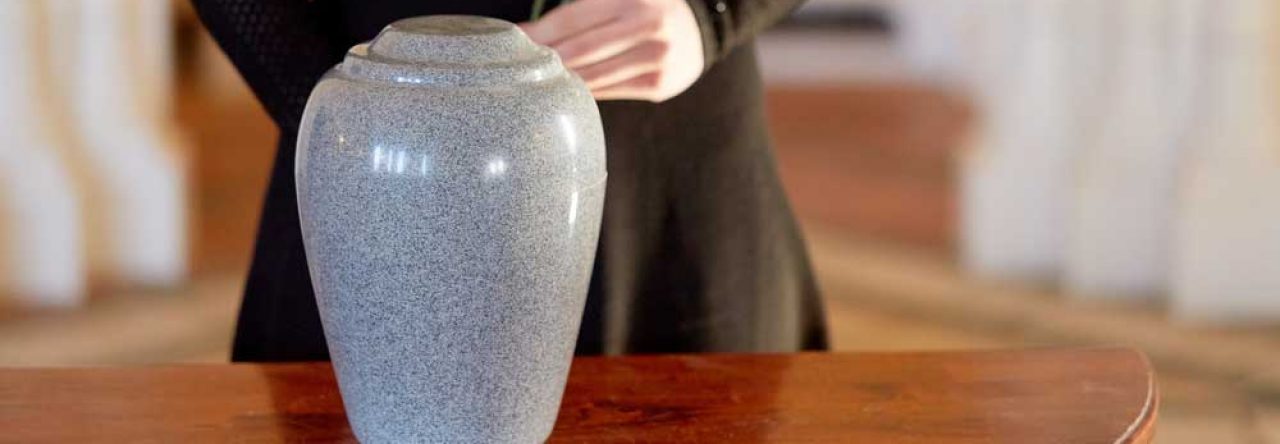
Equine veterinary technicians play a crucial role in the health and well-being of horses. Their days are filled with a variety of tasks that range from routine health checks to emergency medical care. Let's take a closer look at what a typical day in the life of an equine vet tech might entail. Refer: https://equineinstitute.org/continuing-ed-nbcaam-race-approved
Routine Health Checks
One of the primary responsibilities of an equine vet tech is to assist the veterinarian in performing routine health checks on horses. This involves a thorough physical examination of the animal to assess its overall health and well-being. Some of the tasks involved in routine health checks include:
- Checking the horse's vital signs, such as heart rate, respiratory rate, and temperature.
- Examining the horse's eyes, ears, and mouth for any signs of infection or injury.
- Assessing the horse's body condition and overall muscle tone.
- Administering vaccinations and deworming treatments as needed.
Diagnostic Procedures
In addition to routine health checks, equine vet techs may also be responsible for assisting with diagnostic procedures to help diagnose any health issues or injuries the horse may be experiencing. Some common diagnostic procedures include:
- X-rays to evaluate bone and joint health.
- Ultrasounds to assess soft tissue injuries or internal organ health.
- Blood tests to check for signs of infection or disease.
- Endoscopy to examine the horse's upper respiratory tract.
Emergency Care
Equine vet techs must also be prepared to assist with emergency medical care for horses in critical condition. This could involve responding to a horse in distress due to colic, injury, or other life-threatening conditions. Some key responsibilities during emergency care may include:
- Stabilizing the horse and providing immediate first aid.
- Assisting the veterinarian in performing emergency procedures, such as surgery or wound treatment.
- Monitoring the horse's vital signs and response to treatment.
- Providing post-operative care and monitoring during recovery.
Client Communication
Effective communication with horse owners is essential for equine vet techs in providing quality care for their patients. This involves discussing treatment plans, explaining procedures, and offering guidance on horse health and wellness. Some key aspects of client communication include:
- Providing clear and concise explanations of medical conditions and treatment options.
- Answering questions and addressing any concerns the horse owner may have.
- Offering recommendations for ongoing care and preventative measures.
- Building rapport and trust with clients to ensure a positive veterinary experience.
Administrative Duties
In addition to their clinical responsibilities, equine vet techs may also be tasked with various administrative duties to ensure the smooth operation of the veterinary practice. This could include:
- Scheduling appointments and managing the veterinarian's calendar.
- Maintaining accurate medical records and updating patient files.
- Ordering and inventorying medical supplies and equipment.
- Assisting with billing and processing payments from clients.
Professional Development
Continuing education is vital for equine vet techs to stay current with the latest advancements in veterinary medicine and provide the best possible care for their patients. Some ways in which equine vet techs can pursue professional development include:
- Attending workshops, conferences, and webinars on equine medicine and care.
- Obtaining certifications or specialized training in areas such as equine dentistry or rehabilitation.
- Participating in mentorship programs or shadowing experienced veterinary professionals.
- Staying informed about industry trends and advancements in equine healthcare.
As you can see, a day in the life of an equine vet tech is diverse and challenging, requiring a combination of clinical skills, compassion for animals, and strong communication abilities. These dedicated professionals play a vital role in ensuring the health and well-being of horses, making a positive impact on the lives of both animals and their owners.

Leave a Reply
You must be logged in to post a comment.